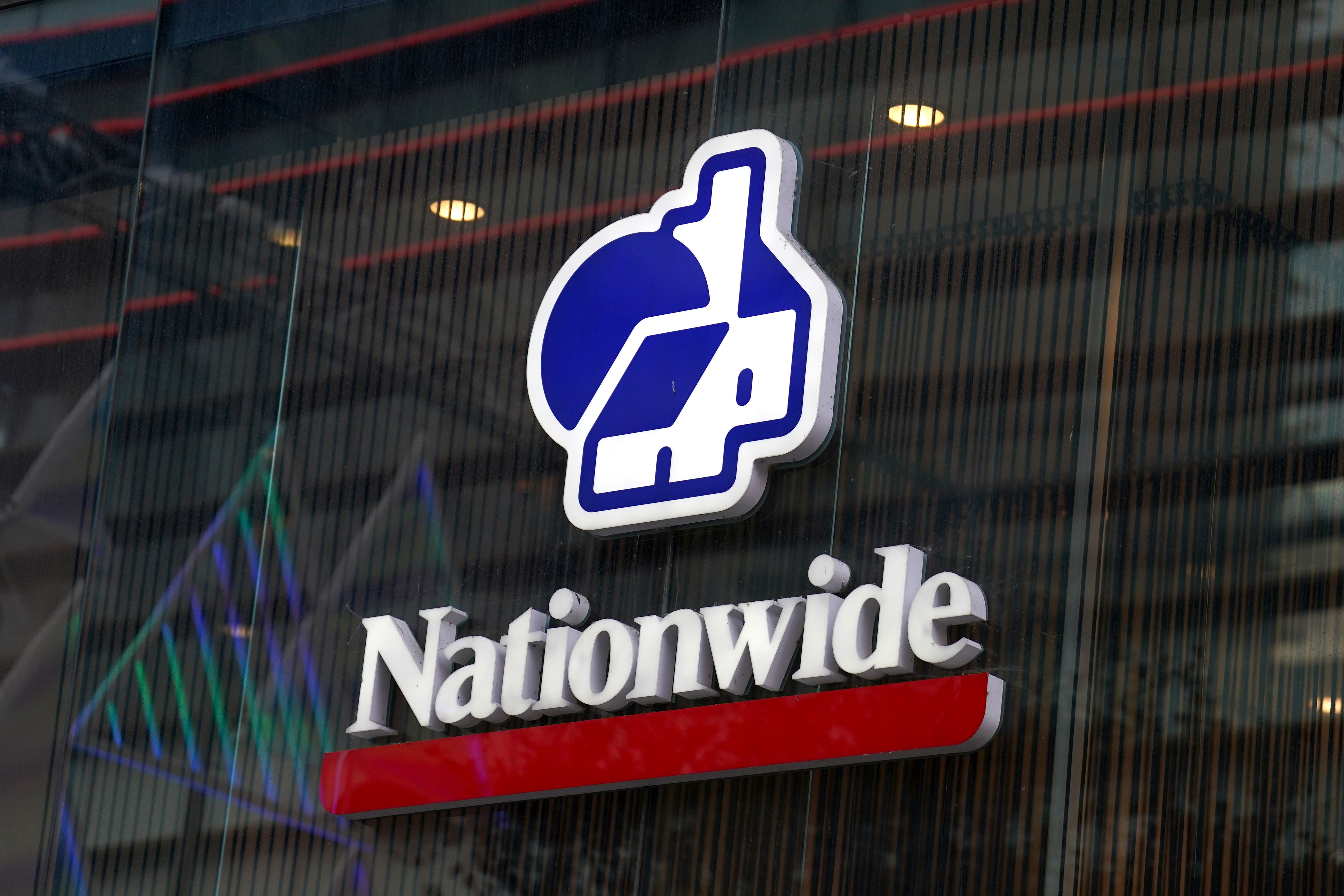Nationwide gains £2.3bn from Virgin Money takeover to ‘benefit’ customers
The building society said the value of Virgin Money, which it acquired in October, was well above the £2.8 billion takeover price.

Your support helps us to tell the story
From reproductive rights to climate change to Big Tech, The Independent is on the ground when the story is developing. Whether it's investigating the financials of Elon Musk's pro-Trump PAC or producing our latest documentary, 'The A Word', which shines a light on the American women fighting for reproductive rights, we know how important it is to parse out the facts from the messaging.
At such a critical moment in US history, we need reporters on the ground. Your donation allows us to keep sending journalists to speak to both sides of the story.
The Independent is trusted by Americans across the entire political spectrum. And unlike many other quality news outlets, we choose not to lock Americans out of our reporting and analysis with paywalls. We believe quality journalism should be available to everyone, paid for by those who can afford it.
Your support makes all the difference.Nationwide Building Society said it has gained £2.3 billion since buying rival bank Virgin Money, but reported a drop in profits as the benefit of higher interest rates faded and it dished out cash to members.
The building society said the value of Virgin Money, which it acquired in October, was well above the £2.8 billion takeover price.
The tie-up marked the UK’s biggest banking merger since the financial crisis.
Nationwide said the combined group would be creating about 500 jobs, across its call centres and IT, as part of investment into improving Virgin Money’s customer service.
Nationwide’s chief executive Debbie Crosbie stressed that “future profits generated by Virgin Money can now be used for the benefit of customers, rather than being paid to external shareholders”.
Nevertheless, the building society reported a sharp drop in profits for the latest half-year period.
Its statutory pre-tax profit fell to £568 million for the six months to the end of September, from £989 million a year ago.
The economic outlook remains uncertain, and the interest rate outlook means we expect to have passed peak profitability
The group said this reflected its Fairer Share Payment of £100 to 3.85 million to eligible members in June.
It also reflected lower borrowing costs and its decision to offer competitive savings rates to customers, according to Nationwide.
Customer deposit balances grew by £8.3 billion during the half-year, driven by an increase in savings.
Mortgage lending also increased as interest rates started to come down but Nationwide said affordability among homebuyers remained stretched.
Ms Crosbie added: “The economic outlook remains uncertain, and the interest rate outlook means we expect to have passed peak profitability.
“However, lower interest rates and resilience in real earnings are supporting consumer finances which, if maintained, should support a strengthening in housing market activity and overall deposit growth.”
Meanwhile, Virgin Money reported higher profits following efforts to cut costs across the business.
Its statutory pre-tax profit jumped to £558 million for the year to the end of September, from £345 million the prior year.
Virgin Money paused its restructuring plans after agreeing to be bought by Nationwide earlier this year, but said it still made cost savings of £187 million over the past year.
Part of this was through branch closures, with the bank having shed about 30% of its total branch network in a year, leaving it with 91.
But Nationwide confirmed it would not be continuing with the bank’s restructuring efforts nor closing any more branches – in line with its promise not to leave any town or city where there is currently a branch until at least 2028.
Ms Crosbie said: “This is the benefit of the mutual model – we’re not having to drive costs down to pay shareholders, all of the profits stay for customers.”
Chris Rhodes, who recently changed roles as Nationwide’s finance chief to Virgin Money’s chief executive, said: “We won’t be restructuring the branch network.
“We will clearly look to optimise our cost base through sensible decisions on buildings and things like that, but we have not got the same cost pressures or cost targets that would’ve been there for Virgin Money as an independent, listed business.”